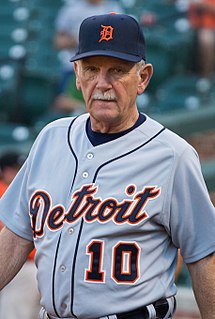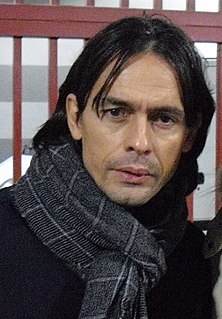A Quote by Sam Abell
I was asked by a student what my most significant accomplishment was at National Geographic, after thirty years, and I said that my career came to an appropriate close, and I still loved photography. Not everybody who spends their career at anything ends up fascinated and involved with it.
Related Quotes
I've come up with a set of rules that describe our reactions to technologies: 1. Anything that is in the world when you’re born is normal and ordinary and is just a natural part of the way the world works. 2. Anything that's invented between when you’re fifteen and thirty-five is new and exciting and revolutionary and you can probably get a career in it. 3. Anything invented after you're thirty-five is against the natural order of things.
After 'The Wonder Years,' I ended up having a voiceover career, which was something I never even knew was possible. But after the character I was playing on 'The Wonder Years,' people said, 'Oh, would you like to do a Burger King thing? And there's a 7 Up thing...' And then I got to do 'Dilbert.' I think my voice kind of fit for that.
A very poor kid came up to me after a talk and said 'I want to go blow up a factory.' I asked how old he was and he said 17. I said 'have you ever had sex?' He said 'no.' I said 'just remember if you get caught you aren't going to have sex for twenty years at least.' That's not saying that one person having sex is worth the salmon. I'm not saying it's a reason not to act, I'm saying don't be stupid.

































